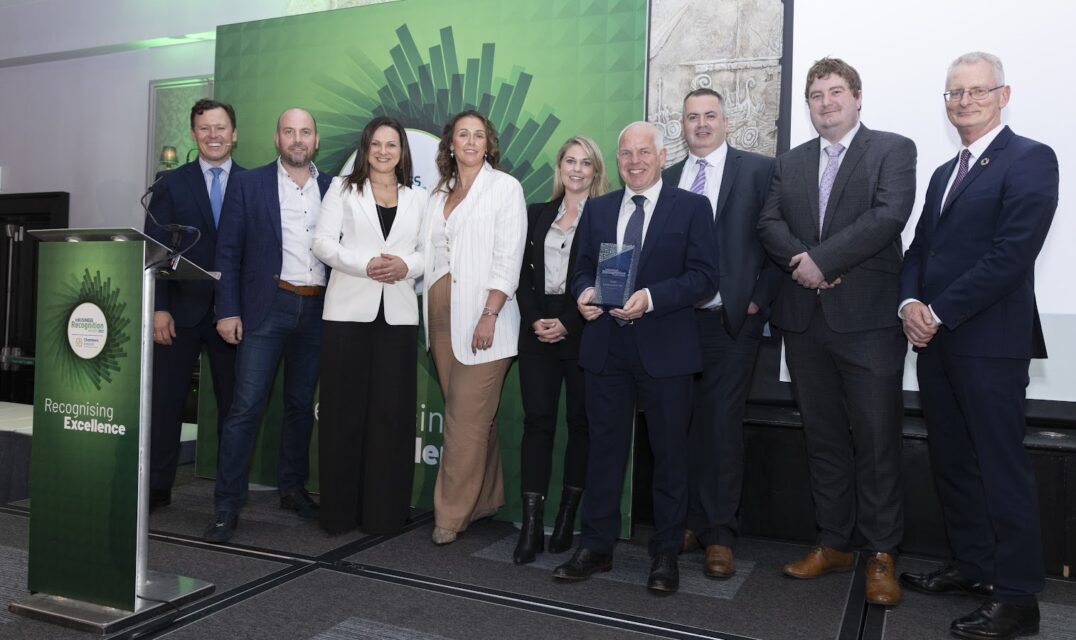With a ‘zero disposal’ mission, Panda is focusing on the circular economy through recycling and resource recovery and switching to green energy to power its fleet
Panda is part of Beauparc Group, collectively managing 4 million tonnes of waste across Ireland, the UK, and the Netherlands per year, through collection, recycling, processing and recovery of resources. With a strong focus on how that waste is processed and a ‘zero disposal’ mission, Panda aims to help householders be greener by committing to converting up to 100 per cent of black bin waste into energy.
RECYCLE AND REPURPOSE
Panda is a circular economy company. As well as processing all the traditional recyclable items (glass, paper, card, plastic and aluminium) Panda sends electrical goods to be recycled and repurposed too. Panda and its parent company Beauparc own and operate 18 civic amenity sites across Ireland, where the general public can dispose of anything from general items to electronic goods and even hazardous materials. Panda also collects, sorts and screens steel and wood – sending clean, reusable metals for use in construction, and turning timber into pallets and woodchip at a dedicated biomass to- energy facility which processes otherwise end-of-life wood. 70,000 tonnes of waste wood are converted into new products annually. Processing 45,000 tonnes of material every year, Panda’s in-vessel compost facility is Ireland’s largest.
Organic material sent to anaerobic digestion and composting facilities results in biogas extraction, electricity, and fertiliser production. For business customers, Panda’s experts conduct site audits to advise on their systems and develop bespoke integrated solutions for all sectors: retail, hospitality, manufacturing, construction, transport, health, education and more. More than 50,000 tonnes of construction and demolition waste is recycled every year.
GETTING CREATIVE
Panda gets creative when it comes to renewable energy, turning nonrecyclable items, food waste and biogas into refuse-derived fuel (RDF), solid recovered fuel (SRF), and sustainable electricity. Every year, 500,000 tonnes of low quality non-recyclable domestic and commercial waste is converted into enough RDF to power 100,000 homes and businesses. SRF is produced mainly from dry commercial waste such as paper, card and wood. Shredding refuse down to 40mm pieces generates 350,000 tonnes of SRF every year, used as an alternative to fossil fuels by industry facilities, notably in the kilns used in the production of cement. Panda is the largest fuel supplier to the cement-making industry in Ireland. Every four tonnes of Panda’s SRF product off sets three tonnes of imported coal.
GREEN INVESTMENT
Switching to greener transport is an important part of Panda’s sustainability strategy. Ireland’s first electric bin truck was introduced in 2020, reducing noise and air pollution in densely populated areas. eRCVs are powered by solar energy generated on-site at facilities. With five electric bin trucks already operating, plans include further electrification of vehicles in urban areas. By the end of 2023 we will have 25 CNG bin trucks and 5 tractor units in the fleet. Panda is continually investing in ways to increase the amount of waste that can be recycled and find new techniques to recover the resource value from discarded materials, with R&D to be led through a new circular economy business park, Ireland’s first purpose-built, industrial resource recovery centre.
Written by InBUSINESS | Recognition Awards 2023


